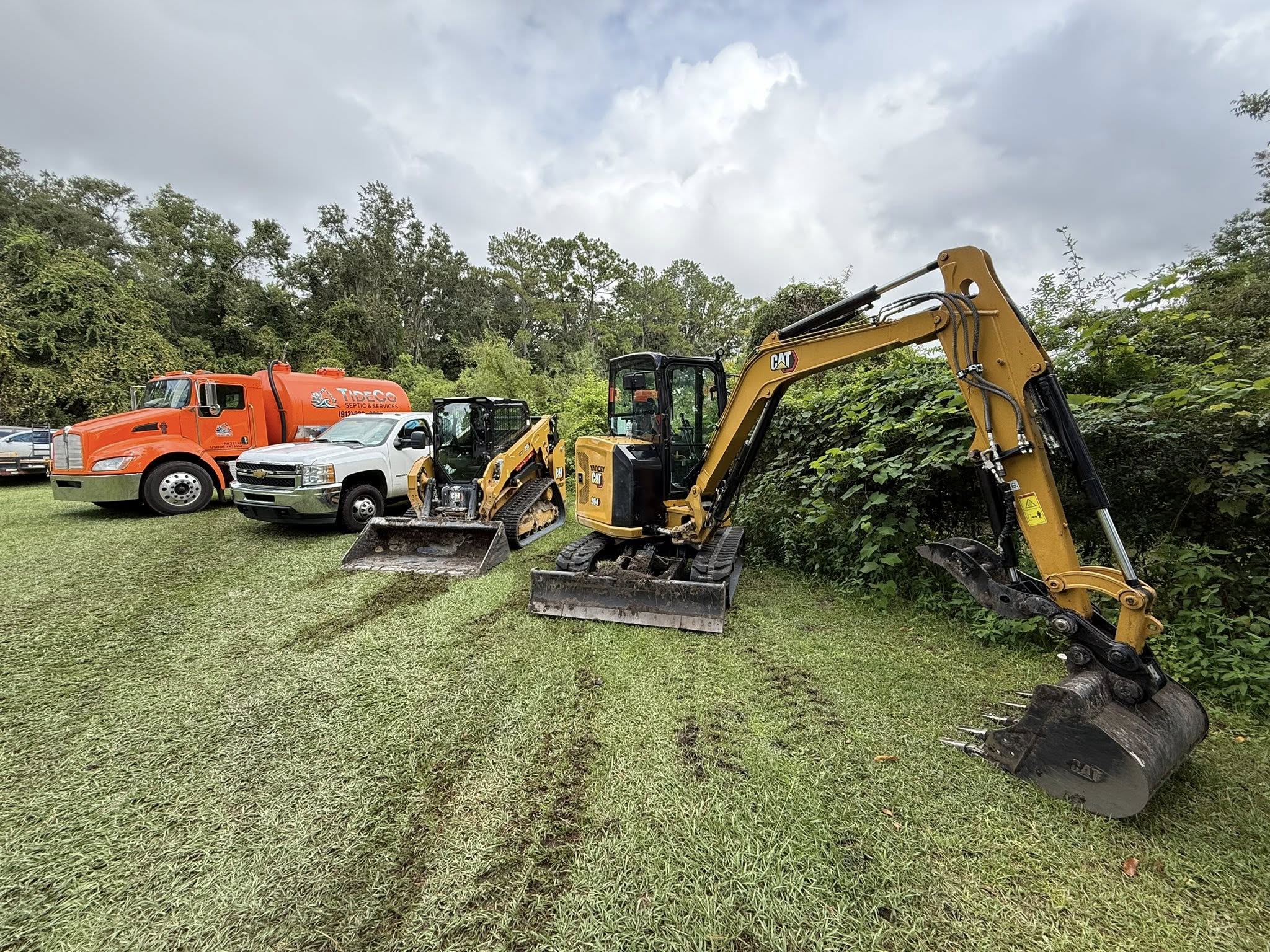
The Essential Guide to Septic System Maintenance: Tips for Long-Lasting Performance Oct 21, 2025
Understanding the Basics of Your Septic System
Before delving into maintenance, it’s important to understand how a septic system works. Essentially, your septic system treats household waste by separating solids from liquids in a septic tank. The liquid, or effluent, is then spread into an absorption area known as a drain field. Proper functioning of these components is vital for your system's overall health.
Regular Pumping Is Key
One of the most critical aspects of septic system maintenance is regular pumping. Over time, sludge and scum build up in the tank and need to be removed to prevent overflow or damage to the drain field. Generally, you should pump your septic tank every three to five years. However, the frequency depends on factors like the size of the tank and the number of people in the household. TideCo Septic recommends consulting a professional to assess your specific needs.
Be Mindful of What Goes Down the Drain
Your septic system is not designed to handle all types of waste. Non-biodegradable items such as paper towels, wipes, and certain chemicals can cause blockages and disruption in the system. Always dispose of these items in the trash, and opt for septic-safe products whenever possible. Additionally, limiting the use of harsh cleaning agents will preserve the system’s natural microbial balance.
Practice Water Conservation
Conservative water usage is pivotal for septic system longevity. Excessive water flow can overload the system, reducing its ability to treat waste effectively and potentially flooding the drain field. Small efforts, like fixing leaks, installing efficient fixtures, and spreading out laundry loads, can significantly reduce the burden on your septic system.
Routine Inspections
Regular inspections by a professional are essential to identify potential problems before they escalate. TideCo Septic advises scheduling inspections every one to three years. These evaluations ensure that everything from the tanks to the drain field is functioning correctly and helps in early detection of issues like leaks or clogs.
Maintain the Drain Field
The health of your drain field is as important as that of your septic tank. Avoid parking vehicles or placing heavy objects on this area, as they can compress the soil and hinder the effluent distribution. Additionally, water runoff from gutters and landscaping should be directed away to prevent saturation.
Educate Household Members
Finally, educate everyone in your household about the dos and don’ts of septic maintenance. Awareness plays a significant role in preventing misuse and prolonging the system's life. Simple changes in daily habits can make a substantial difference in upkeep and repair costs.
In conclusion, regular maintenance and mindful practices are key to ensuring the long-lasting performance of your septic system. TideCo Septic is committed to providing you with the expertise and services necessary to keep your system running smoothly. By following these essential tips, homeowners can enjoy a safe, efficient, and environmentally-friendly septic system for years to come. If you're ever in doubt or need professional assistance, don't hesitate to contact us. Your sewage system will thank you for it.
/filters:no_upscale()/media/5459090b-b6be-4da0-9f55-f83f08133f49.jpeg)
/filters:no_upscale()/filters:format(webp)/media/78d3e7a1-64c5-40bc-9ed3-7834dff171cf.jpeg)